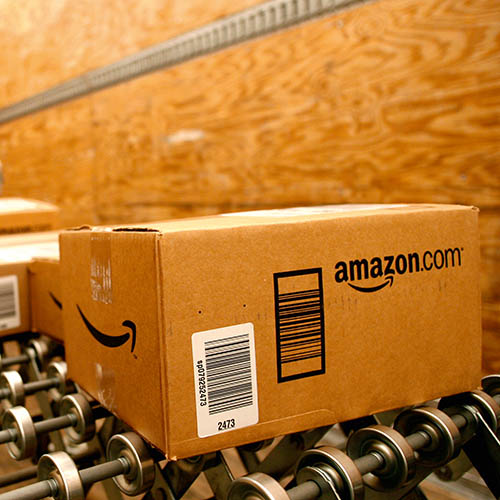Andy Kilpatrick, MD of electrical retailer NorthXSouth in Northern Ireland, asks why the advent of the internet, and the tremendous opportunities it brought, has not been a cause for celebration?
“Retailers need protection from online shopping…”
“Retailers cannot compete with online sellers…”
“Government inaction is destroying the high street…”
These charges hit a nerve.
First and foremost, they fail to account for the tremendous opportunity afforded by the democratisation of retail with the advent of the internet.
Today, the UK has a thriving ecosystem of SMEs and micro-businesses empowered to compete on a national scale thanks to force multipliers such as Google, eBay and Etsy.
Lest we forget, the pantomime villain, Amazon, generates half of its retail revenue and the lion’s share of its profits from third-party sellers – including independent retailers and bootstrapped semi-pros selling from their bedrooms, garages and storage units.
Why is this grass-roots renaissance not cause for celebration? Why are we beholden to the high-street as a barometer of success?
Perhaps it is because the high street decline is symbolic of a changing of the guard. Not from off-line to online, rather a power shift from retailers to consumers.
Before we return to consumers we must first expose the fallacy that retailing online is a low-cost model. The price of admission may be low for part-timers, however once you achieve a reasonable scale, you soon discover margin-killers scattered throughout the tail.
Let’s play it out…
First you buy a domain and build an attractive, functional and fully-compliant store that will look out-of-date in six months and will require constant maintenance.
The old adage location, location, location rings true, so to attract footfall you will pay prime retail estate prices to Google, Facebook and Amazon. You accept that each click will be invoiced regardless of whether the user makes a purchase or is kicking tyres down the road.
You’ll need systems in place to mitigate fraud, charge-backs and data breaches. If you have a few grand spare, you should consider registering with a third-party reviews company and implementing sophisticated channel-management software to track inventory cross-platform.
Finally, you’ll need a dark sense of humour when you learn that desktop height is the benchmark for carrier compensation and those no-quibble returns arrive back with gift boxes looking like Richard Branson’s passport.
Through it all, you will smile and nod while flicking back and forth between your Trustpilot page through cracks in your hands and the latest commentary bemoaning single-digit margins on the high-street.
“The customer service, assistance, advice and delivery have been so good and so simple I’m probably going to give 5 stars even if the damn thing doesn’t work.” (TrustPilot, December 19,2017)

Romantics would have you believe that staring into the whites of your client’s eyes and a firm handshake is the only honourable way to close a sale.
The lion’s share of Amazon’s profits comes from third-party sellers, including independent retailers
In reality, consumers have consistently migrated towards products and services promising greater convenience, selection and lower prices regardless of how they are packaged and distributed.
Throughout history, disruptors, enabled by emerging technology, have time and again usurped incumbents by finding ways to improve on these three metrics.
By the turn of the 19th century, Sears had already established a significant mail-order business off the back of the budding rail system.
Catalogue orders poured in from rural Americans hypnotised by the depth of selection and keen prices otherwise unavailable from their local general stores.
Even the benign alarm clock brought an end to the curious profession of ‘knocker-uppers’ – nocturnal men and women who charged sixpence a week to rouse shift workers by rattling their windows with bamboo canes.
The only constant is change.
As Amazon founder and CEO Jeff Bezos said: “When the world changes around you, and when it changes against you, what used to be a tail wind is now a head wind, you have to lean into that and figure out what to do, because complaining isn’t a strategy.”


